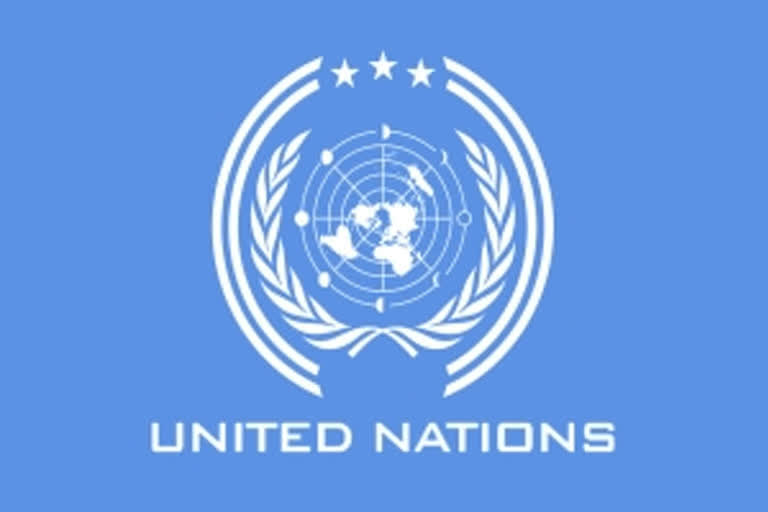Hyderabad: The United Nations (UN) since its inception has promoted international cooperation through maintaining international peace and security, promoting human rights and fostering social and economic development. India was a founding member of the United Nations, joining it in October 1945, two years before acquiring independence from the British Raj.
By 1946, India had started raising concerns regarding colonialism, disarmament and racial discrimination. It stood at the forefront during the UN’s tumultuous years of struggle against colonialism and apartheid. From 1947-1948, it took an active part in drafting the Universal Declaration on Human Rights highlighting the need for reflecting gender equality by changing the language of the Universal Declaration on Human Rights from “all men are created equal” to “all men and women are created equal”.
In 1953, the chief delegate of India at the time, Vijaya Laxmi Pandit, was elected the first woman President of the UN General Assembly. India supported the struggle towards global disarmament and the ending of the arms race, and towards the creation of a more equitable international economic order.
Having faced the plight of colonialism for centuries India took a very strong stand on decolonisation and the formation of a ‘’’free world’’ where no country is subjugated by the other and every country is allowed to maintain its autonomy and preserve its sovereignty. Through co-sponsoring the landmark 1960 Declaration of UN on Granting of Independence to Colonial Countries and Peoples which proclaimed the need to unconditionally end colonialism in all its forms and manifestations, India achieved this goal. It was also elected as the first chair of the Decolonisation Committee where its ceaseless efforts to put an end to colonialism have been lauded.
India was also amongst the most outspoken critics of apartheid and racial discrimination in South Africa. In fact, it was the first country to raise the issue in the UN and played a leading role in the formation of a Sub-Committee against Apartheid set up by the General Assembly. When the Convention on Elimination of All Forms of Racial Discrimination was adopted in 1965, India was among the earliest signatories.
Being the founding member of the Non-Aligned Movement and the Group of 77, India cemented its position within the UN system as a leading advocate of the concerns and aspirations of developing countries and the creation of a more equitable international economic and political order.
Also read:India to focus on CCIT as it begins its 8th stint in UNSC: Expert
A major blow to India’s active participation in the United Nations Reforms occurred between 1962 and 1976 when India faced a war with China following which it became involved in two wars with Pakistan. This was a period of economic stagnation, political instability and famine-like conditions throughout India. Circumstances forced the nation to keep a low profile at the UN and speak only on matters vital to Indian interest.
Soon after the UN’s non-proliferation agenda became another irritant that forced India to view some units of the organisation with distaste for imposing discriminatory regimes instead of promoting universal disarmament. India’s then External Affairs Minister Pranab Mukharjee had commented: “If India did not sign the NPT, it is not because of its lack of commitment for non-proliferation, but because we consider NPT as a flawed treaty and it did not recognise the need for universal, non-discriminatory verification and treatment.”
India has stressed on the importance of the UN as a strong international organisation, which should reflect the contemporary global realities. India has been actively working with other like-minded countries for building support of UN membership for a meaningful restructuring and expansion of the UN Security Council. Arguments have been raised that the UNSC still reflects the geopolitical architecture of the Second World War. Even though the number of countries that are members of the UN has increased from 113 to 193, the UNSC has been expanded only once, that too in 1963 to add four non-permanent members. Nations from Africa find no place in permanent membership despite 75 percent of the UNSC work being focused there.
The Government of India has strongly put forward India’s case for permanent membership of the UNSC, which is based on its extensive contribution to the activities of the UN particularly the maintenance of international peace and security. So far, India has taken part in 43 UN peacekeeping missions with a total contribution exceeding 160,000 troops and a significant number of police personnel having been deployed. In 2014, India was the third largest troop contributor with 7,860 personnel deployed with ten UN peacekeeping missions.
